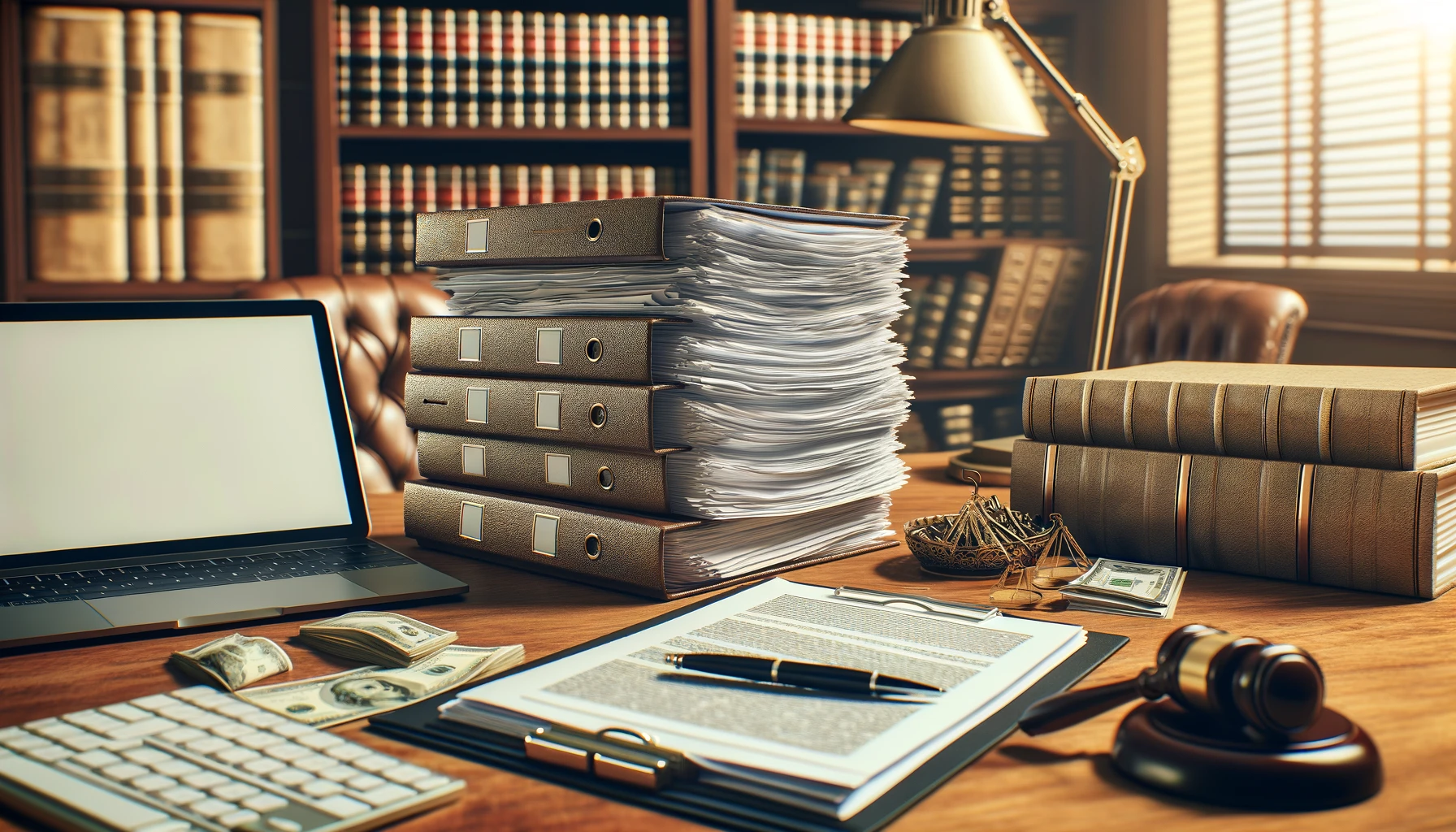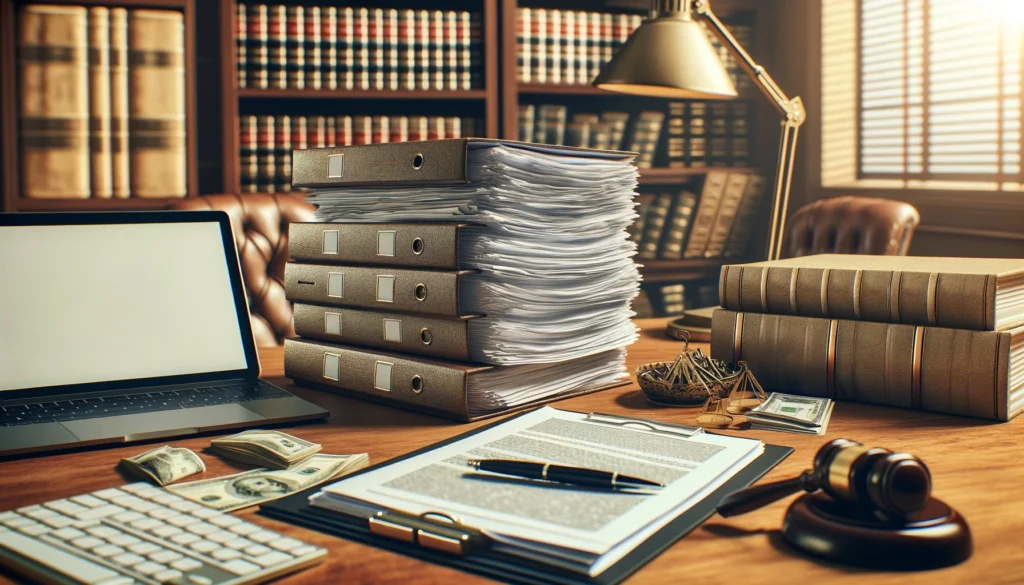
As the legal industry continues to evolve, lawyers and paralegals are seeking innovative ways to streamline their work and improve case outcomes. One tool that has gained significant attention in recent years is ChatGPT, a Large Language Model (LLM) capable of generating human-like text. In this article, we will explore how to leverage ChatGPT to create persuasive personal injury case narratives, saving time and improving case outcomes.
Understanding the Power of ChatGPT
ChatGPT is a powerful tool that can be used for a wide range of tasks, from research and organization to content generation. However, it is essential to understand its capabilities and limitations. ChatGPT is not a replacement for human judgment and expertise, but rather a tool that can be used to augment and enhance your work.
Crafting Effective Prompts
To get the most out of ChatGPT, it is crucial to craft effective prompts that elicit the desired response. Here are some strategies for crafting successful prompts:
- Fact-based prompts: Use specific facts and details from the case to guide the narrative.
- Scenario-based prompts: Present hypothetical scenarios that illustrate the key issues and challenges in the case.
- Emotive prompts: Use emotional language to convey the impact of the injury on the plaintiff.
Techniques for Enhancing Narrative Flow
Once you have crafted effective prompts, it is essential to use techniques that enhance the narrative flow. Here are some strategies to consider:
- Use active voice: Write in the active voice to create a more engaging and persuasive narrative.
- Vary sentence structure: Use a mix of short and long sentences to create a sense of rhythm and flow.
- Incorporate key case details: Use the narrative to highlight key case details and evidence.
Best Practices for Collaboration
When working with ChatGPT, it is essential to adopt best practices for collaboration. Here are some tips to keep in mind:
- Review and edit: Review and edit the generated content to ensure accuracy and relevance.
- Iterate and refine: Iterate and refine the prompts and narrative to achieve the desired outcome.
- Collaborate with colleagues: Work with colleagues to incorporate feedback and ensure a cohesive narrative.
From Data to Drama
In conclusion, ChatGPT has the potential to revolutionize the way paralegals work, enabling them to create persuasive personal injury case narratives with ease. By understanding the power of ChatGPT, crafting effective prompts, using techniques to enhance narrative flow, and adopting best practices for collaboration, paralegals can streamline their work and improve case outcomes. As the legal industry continues to evolve, it is essential to stay ahead of the curve and leverage innovative tools like ChatGPT to achieve success.


